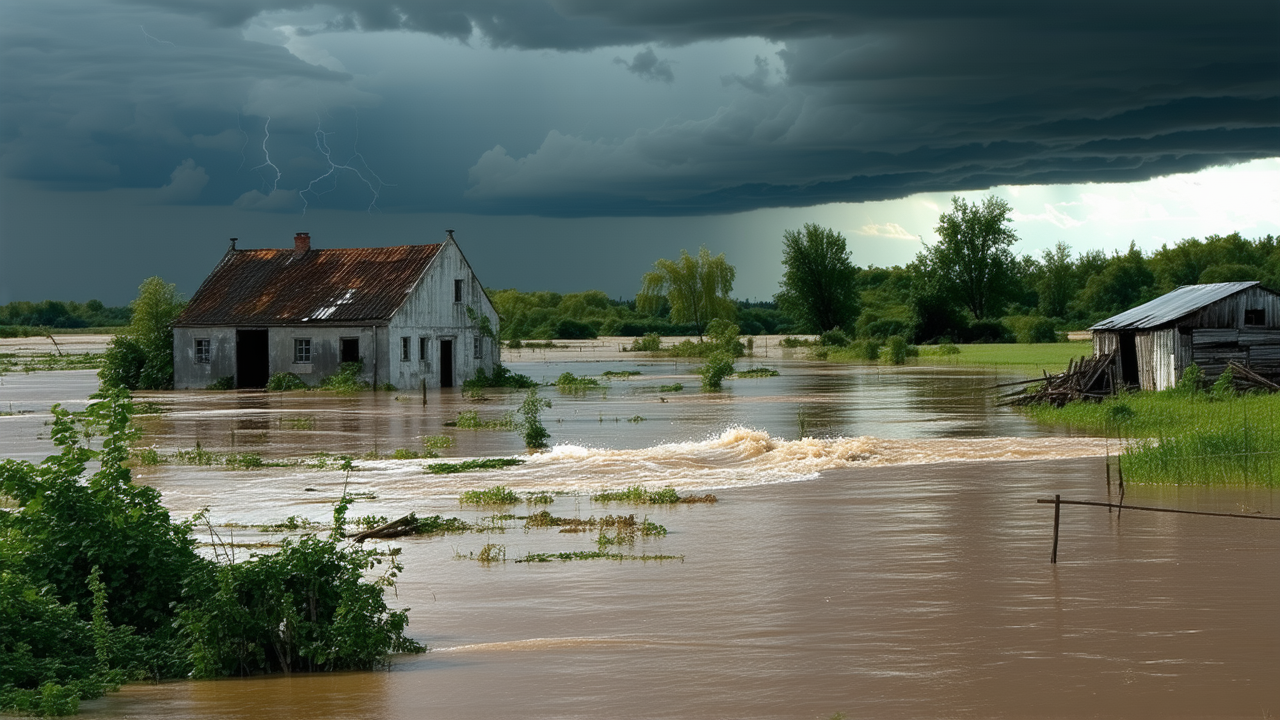South Otago Residents Demand Urgent Flood-Prevention Measures
South Otago Residents Demand Urgent Flood-Prevention Measures
By: Tess Brunton, Otago/Southland reporter
Residents of South Otago are growing increasingly anxious as the threat of flooding continues to loom over their communities. With the Clutha River, also known as Mata-Au, posing a significant risk, local farmers and families are calling for immediate action to prevent future disasters.
The Otago Regional Council has begun developing an adaptation strategy to help vulnerable communities in the Clutha Delta prepare for the challenges ahead. A recent public drop-in session in Balclutha allowed locals to voice concerns, ask questions, and provide feedback on the council’s plans.
"We have to make decisions according to the temper of the river. It's quite simple really, I mean you can't be complacent," said Dave Inder, a local farmer who has experienced the consequences of flooding firsthand. He emphasized that even rainfall in the western regions can have a major impact on the delta and those downstream.
"Sometimes rainwater becomes trapped on the wrong side of the floodbanks, and we struggle to get rid of it," Inder added. He noted that while the Clutha River may not always be in flood, the local rivers within the delta can overflow, leaving residents stranded with no clear way to remove the water.
The council’s natural hazards manager, Dr. Jean-Luc Payan, explained that the strategy goes beyond just floodbanks and drainage systems. It also considers how to protect people from potential hazards, ensure safe water movement, and, in some cases, facilitate evacuations.
"The purpose of the strategy is to understand the current environment, how it will change in the future, and how we can combine these tools to create a safe environment in the Clutha Delta," Payan said.
The Clutha River is a powerful force, fed by large lakes in Queenstown and Wānaka. All the water from the alpine region eventually ends up in the river, making it a major player in the region’s flood dynamics.
Dairy farmer Thomas Marshall, who lives at the mouth of the Clutha in Paretai, shared his frustrations. Flooding can leave his paddocks unusable for up to six months, effectively halving his income. He called for the council to ramp up its efforts in maintaining the flood protection scheme.
"It's been hard trying to get any maintenance done for years now. It's just cost us a lot of money in flooding and it just gets really frustrating," Marshall said.
Balclutha resident Stephen John described the last major flood in 1998 as "scary" and emphasized the importance of understanding the risks facing his community. Resident Pip Martin expressed concern about the maintenance of a nearby floodbank, which he said had previously failed during a flood.
With the final strategy still a few years away, the council is urging locals to get involved in shaping the future of their communities. The process is similar to the work being done in South Dunedin, Middlemarch, and Glenorchy.
"It's a challenge, but we're working to understand the current environment and how it's expected to change," Payan said. "We want locals to help shape the future of their community."
As the region continues to face the threat of flooding, residents are hoping that the council will deliver on its promises and implement effective flood-prevention measures.
